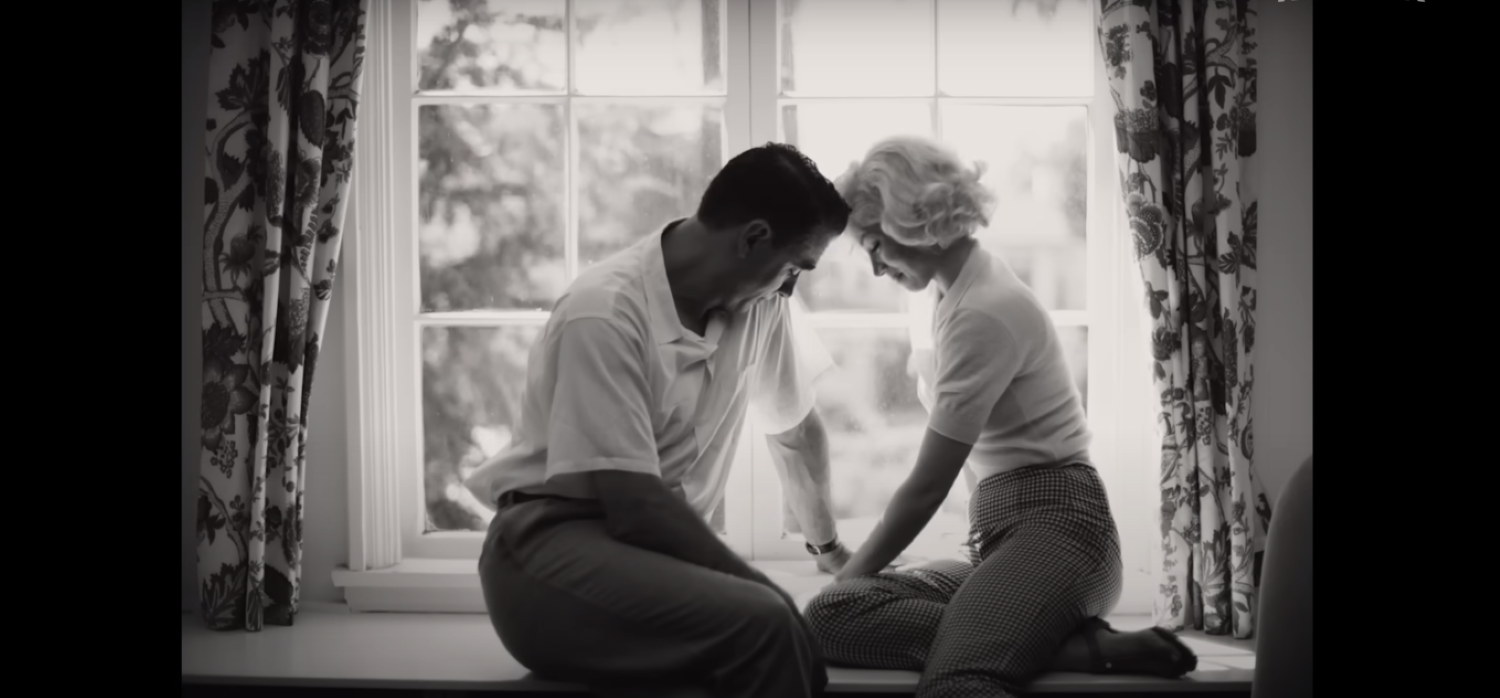Netflix has its first fall movie season blunder on its hands. The controversial and fictionalized account of bombshell Marilyn Monroe is worlds apart from the 2011 “My Week with Marilyn,” which earned Michelle Williams an Oscar nomination. Director Andrew Dominik has a particular style of making films that worked well on his eerie western “The Assassination of Jesse James,” but not so much for this film. Dominik describes “Blonde” as “an avalanche of images and events” that leans further into “Terrence Malick territory” than general audiences will care to see. Despite its lengthy run time, the NC-17 rating is doing more advertising for the film than anything else. It’s the first film to receive this restrictive rating in over a decade.
Her mother’s mental illness became a part of Norma Jeane’s life when she was very young. Norma Jeane’s single mother, Gladys (Nicholson), was institutionalized after trying to kill her daughter, leaving the future movie star bouncing around foster homes. Her mother’s lie about who and where her father was would haunt Norma for the rest of her life. From pinup girl to B-movie actress, once Norma transforms into Marilyn Monroe, her life takes a meteoric rise. With threesomes, failed marriages, and cameras everywhere she turns, Norma finds it increasingly difficult to separate her fictional and non-fictional personalities. A compunctious visit to a studio casting couch could land Marylin any part. Life would become endless abuse from every male she encountered, whether it was another wrong husband or the President of the United States.
Dominik only focuses on the worst aspects of Monroe's life, rarely offering a scene or moment where the mentally and emotionally tortured soul shines.
Dominik steadies the film between a dreamlike state and reality. His nonsensical use of black and white interchanged with color is frustrating. It appears to have no rhyme or reason behind it. He also alternates between full screen and letterbox on a whim. His bold choices in editing and flashy transitions seem desperate to give the otherwise lackluster film some cinematic flair. “Blonde” was interrupted by the pandemic, and it seems the filmmaker lost his vision somewhere along the restart. The only element of the film worth watching is Ana de Armas’s (“Knives Out,” “The Grey Man”) performance. She is giving her all: mannerisms, crying on command, nailing the specific voice patterns, while the director is doing everything he can to distract from her work.
If you even make it to the final 45 minutes of the film, the “daddy” phase, it’s cringe-worthy at this point. Dominik only focuses on the worst aspects of Monroe’s life, rarely offering a scene or moment where the mentally and emotionally tortured soul shines. He did the same with Brad Pitt’s character in Jesse James, yet that film felt like a complete, meticulous, choreographed vision. “Blonde” is a collection of ideas or moments that never fit together as a whole movie. The fragmented narrative is nearly unwatchable. Netflix has delivered cinematic masterpieces like “Roma” or “The Power of the Dog,” allowing self-restraining directors carte blanche. Dominik isn’t one of those guys, nor is this one of those masterpieces.
Final Thought
Excessive and bleak, “Blonde” devalues a dedicated Ana de Armas performance with cinematic nonsense.

